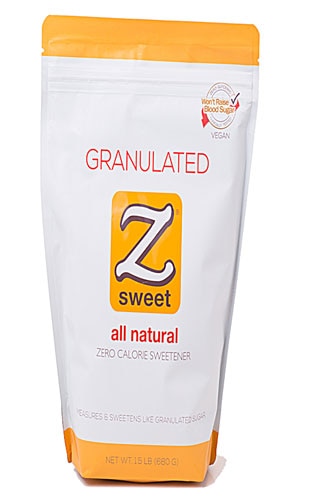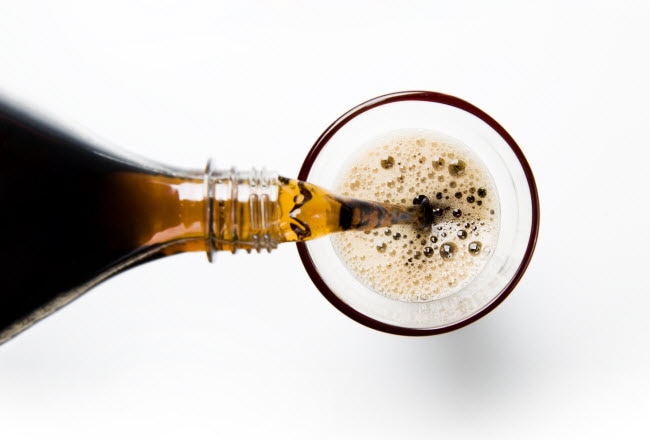In a Wild West frontier of conflicting dietary advice, one black-hatted villain -- high-fructose corn syrup -- almost always makes an appearance on any nutritionist’s “least wanted” list of ingredients.
High-fructose corn syrup is an industrial sugar made from corn starch. Many food manufacturers use it to sweeten foods such as:
- Processed foods
- Cereals
- Baked goods
- Sweetened beverages
High-fructose corn syrup is commonly used because it is inexpensive. But for years, critics have raised alarm bells about whether it is safe to consume.
In the past, high-fructose corn syrup has been tied to several health threats, including:
- Weight gain and obesity
- Type 2 diabetes
- Metabolic syndrome
- High triglyceride levels
One recent study linked high-fructose corn syrup to an acceleration in the growth of intestinal tumors in mice.
Researchers at Baylor College of Medicine found that consuming the equivalent of just 12 ounces of a sugar-sweetened beverage each day was enough to speed up the growth of these tumors in the rodents.
Is high-fructose corn syrup really dangerous?
The long-term health impacts of high-fructose corn syrup continue to be fiercely debated, says Caroline West Passerrello, a Pittsburgh-based registered dietitian nutritionist and owner of Caroline West LLC.
She notes that although many experts have raised concerns over the industrial sugar, the Food and Drug Administration continues to label high-fructose corn syrup as "generally recognized as safe" (GRAS).
In addition, the Food and Drug Administration states that it is "not aware of any evidence" that foods containing high-fructose corn syrup is less safe than foods containing similar amounts of other nutritive sweeteners.
However, regardless of where they stand on the debate over the safety of high-fructose corn syrup, most experts agree that Americans get too much added sugar of all types in their diet.
"Total added sugar, from all sources, should be less than 10% of total calories," says Passerrello, who is also a spokesperson for the Academy of Nutrition and Dietetics.
Keeping sugar intake at that level allows you to meet your nutrient needs without exceeding recommended calorie limits, she says.
To date, though, the message about the importance of reducing intake of added sugars does not appear to be getting through. Americans consume more than 300 calories per day from added sugars, according to the American Heart Association.
That is more than twice the AHA's recommended level for men, and more than three times the recommended level for women.
Cutting back on high-fructose corn syrup
If you are trying to avoid high-fructose corn syrup, it's going to take some extra work on your part, particularly when you buy packaged foods, Passerrello says.
"Read the label – specifically, the ingredient list," she says. "That is the only way you will know what type of sweetener, if any, is used."
Passerrello adds that when shopping for two similar products, always compare the product labels and pick the one with less added sugars.
However, an even better way to avoid high-fructose corn syrup is to steer clear of packaged and processed foods as much as possible.
For example, Passerrello suggests making your own snacks. "Sweeten them naturally with fruits or a small amount of maple syrup or honey," she says.
Passerrello says dates are a great natural substitute for the sweetness of high-fructose corn syrup, and can be used in snacks like homemade granola bars.
Another idea: "Puree fruit and mix with plain yogurt, place in a popsicle mold and freeze," Passerrello says.
The federal Office of Disease Prevention and Health Promotion also offers several tips for cutting back on added sugars such as high-fructose corn syrup. They include:
- Eat fruit whenever possible instead of cookies, cakes and similar treats
- Eat unsweetened cereal and add fruit for a sweet kick
- Skip sodas and other sweetened beverages and instead drink low-fat milk or water
Finding it difficult to eliminate certain foods and beverages with a lot of added sugar? The ODPHP recommends either consuming smaller-size versions, or reducing how frequently you consume them.




